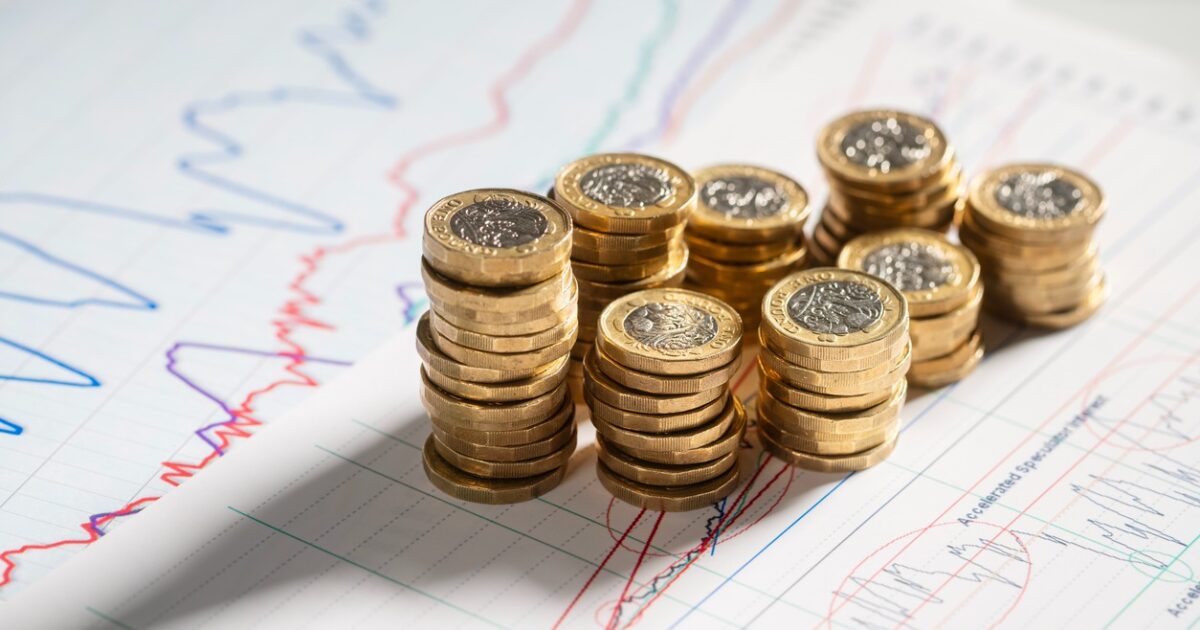At 146 units the general indicator was formed climate (ICAP CRIF-HEO General Index) in the first quarter of 2025, compared to 160 in the previous quarter, according to a survey conducted on a sample of 2,540 Directors/General Managers of the largest Greek companies by the Association of Operations Officers (ESAE) in collaboration with ICAPCRIF.
According to a statement, the reduction of the Economic Climate Index incorporates CEOs’ uncertainty and concern about the potential impact on the economies of European Union members and in particular Greece by revising the terms of global trade caused by the announcement of US duties. International economic relations.
Analysis of results by size category shows a decline in index in all business sizes. The current financial status (ESAE-CHEO CURRENT STATUS INDEX) declined to 145 points compared to 159 points in the previous quarter and the expectations index (ESAE-HRO EXPECTION INDEX) reduced to 147 points compared to 162 in the previous quarter.
The country’s current economic status index declined 195 points against 221 in the previous quarter. The percentage of CEOs declaring that the country’s current financial situation has improved compared to 1 year ago, decreased to 24% compared to 41% in the previous quarter. The percentage of CEOs declaring that the country’s current financial situation has improved to a much lower 12% for very large businesses.
The country’s financial status forecast a year after a decrease of 161 points compared to 186 points in the previous quarter. The percentage of CEOs estimated that the country’s financial situation will be improved in the following year has fallen to 20% versus 32% in the previous quarter. This percentage is further reduced to 13% for very large businesses.
The indicator of the current financial situation of the industry in which businesses operate has been a significant descent of 163 points compared to 188 in the previous quarter. The percentage of CEOs stating that their current industry is better than 1 year before it has fallen to 23% against 39% in the previous quarter, a percentage increased to 31% for CEOs of service businesses.
The expectations for the financial status of the activity sector reported a slight reduction of 163 points compared to 167 in the previous quarter. The percentage of CEOs who believe that in one year the sectors will be in better financial condition than the current one is 26%.
The current economic status index falls to 118 points compared to 128 points in the previous quarter. The percentage of CEOs stating that their current companies’ current financial situation has improved over a year before it was 45%, a percentage increased to 58% for industrial companies and 59% for very large CEOs.
The CEOS expectations of their company’s financial situation next year was reduced to 135 points compared to 140 points in the previous quarter. The percentage of CEOs expecting improvement in the following year amounted to 43%, a percentage of 31% for large business CEOs.
The current cost of investment costs dropped to 121 points compared to 142 in the previous quarter. The percentage of CEOs declaring that the current investment expense of businesses they run is higher than in the previous year, amounted to 25%, while for industrial companies ‘CEOs is increased to 46%and for very large companies’ CEOs to 41%.
The investment expectations index also declined significantly to 137 points compared to 158 points in the previous quarter. The percentage of CEOs declaring that investment expenditure in their businesses will be higher over the next year was 25%, compared to 45% in the previous quarter. For CEOs of very large businesses this percentage is increased to 35%.
The current employment index, contrary to the other indicators, rose to 128 points against 117 in the previous quarter. The percentage of CEOs stating that the number of business employees are higher than one year before it was 51%, which is increased to 71% for industrial companies’ CEOs and 76% for very large CEOs.
The employment expectations index showed a new reduction and stood at 139 points compared to 157 in the previous quarter. The share of CEOs stating that employment in companies that run will be increased 1 year after a 32% increase in 41% for very large business CEOs.
In addition to the basic questions submitted every quarter to the CEOs, their opinion on the impact on debt management would be the exemption of defense spending from the calculation of the deficit based on the Rearm Europe plan. CEO answers are almost equalized between positive, neutral and negative effect.
Similar is the distribution between sectors and business sizes, with the exception of a 39% increase in the negative impact on CEOs of commercial businesses and 41% of the neutral effect on CEOs of very large businesses.
The CEOs also requested their agreement or not on the negative impact on the Greek economy on the imposition of duties by the European Union. Seven out of ten ceos agree that the effect will be negative. 22% of CEOs express uncertainty, while only 6% disagree. However, there are variations with the CEOs of very large companies expressing their agreement on the negative impact of 65%, while industrial CEOs agree that the impact on the Greek economy will be negative at a higher rate of 79%.
